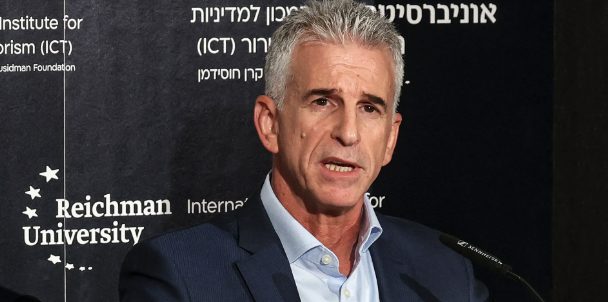Europe threatens ‘massive’ sanctions if Russia attacks Ukraine
Berlin (Reuters) – The European Union threatened “massive” economic sanctions if Moscow attacks Ukraine, and U.S. Secretary of State Antony Blinken rallied allies on Thursday ahead of last-ditch crisis talks with Russia aimed at preventing war.
Western countries are seeking to present a united diplomatic front before Blinken meets Russian Foreign Minister Sergei Lavrov in Geneva on Friday, widely seen as one of the last chances to stop Russia from launching a new attack.
Blinken visited Kyiv on Wednesday and met German, French and British ministers on Thursday in Berlin. On Wednesday, U.S. President Joe Biden gave his clearest indication yet that he believes a Russian attack is likely.
“My guess is he will move in,” Biden said of Russian President Vladimir Putin. “He has to do something.”
Western countries say they fear Russia is planning a new assault against Ukraine, nearly eight years after its forces entered Ukraine and seized the Crimea peninsula. Russia has massed tens of thousands of troops near Ukraine’s border in recent months. It denies planning an attack but says it could take unspecified military action unless a list of demands are met, including a promise from NATO never to admit Kyiv.
Biden and other Western leaders have threatened to impose severe economic sanctions on Russia if it attacks Ukraine again. Russia, under sanctions since 2014, has largely brushed off the threat.
‘We Are Prepared’
European Commission President Ursula von der Leyen, who heads the EU executive, said Europe would respond to a new attack “with massive economic and financial sanctions. The transatlantic community stands firm in this.”
“We do not accept Russia’s attempt to divide Europe into spheres of influence,” she said. “If attacks happen, we are prepared.”
The Kremlin said on Thursday that U.S. warnings of possible disastrous consequences for Russia would not help reduce tensions over Ukraine and could even destabilise the situation further.
Blinken vowed in Kyiv on Wednesday that Washington would pursue diplomacy as long as it could. In Berlin, he will give a speech that will try to cast the crisis over Ukraine as a critical moment for the rules-based international order, a State Department official said.
Moscow presented the West with a list of security demands at talks last week that produced no breakthrough.
Repeated rounds of economic sanctions since 2014 have had scant impact on Russian policy, with Moscow, Europe’s main energy supplier, calculating that the West would stop short of steps serious enough to interfere with gas exports. U.S. and European officials say there are still strong financial measures that have not been tried.
Germany signalled on Tuesday that it could halt Nord Stream 2, a new gas pipeline from Russia that skirts Ukraine, if Moscow invades.
Russia has moved troops to Belarus for what it calls joint military exercises, and also has forces based in a breakaway region of Moldova, giving it options to attack Ukraine from four sides. Eight years ago it seized Crimea and backed separatist forces who took control of large parts of eastern Ukraine.
Russia denies planning a new invasion but says it feels menaced by Kyiv’s growing ties with the West. It wants to prevent Ukraine ever joining NATO and for the alliance to pull back troops and weapons from eastern Europe.



